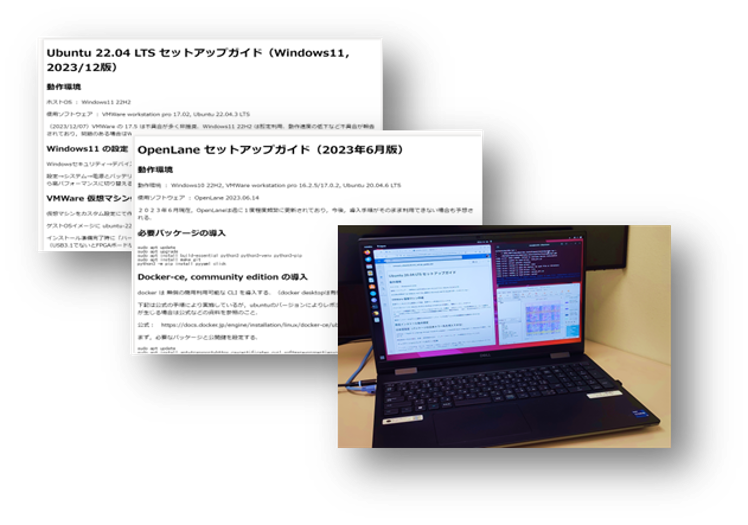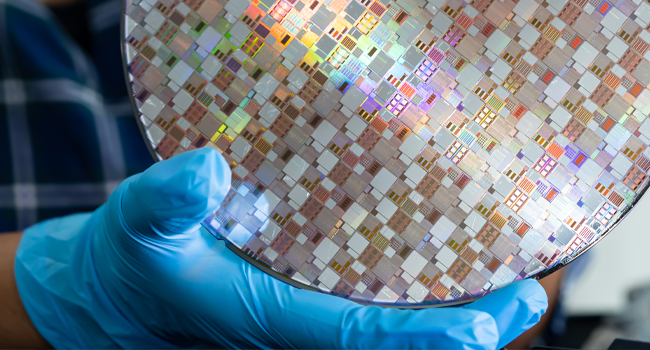Emphasized optimal design of sensors and circuits
Analog mixed-signal integrated circuits for MEMS sensors include various essential components such as low-noise amplifiers, AD converters, and digital circuits. In this study, after modeling sensor device as an equivalent circuit, its appropriate circuit architecture will be created to satisfy given specifications and/or target cost. We also adopt digitally-assisted techniques to enhance its performance and functionalities. This sensor circuit co-optimization scheme can be applicable to other devices such as actuators and energy harvesting as well.
Edge AI chip design
AI (deep-learning) tasks are usually processed in data centers because of the huge amount of computation. However, it is expected that AI tasks are processed at user side, due to large power and latency in communication between users and data centers and security concerns. In user side (edge) devices, the power allowed for AI tasks is often limited. Therefore, circuits dedicated to process AI tasks efficiently, called “edge AI chips,” are required. We are conducting research and development of ultra-efficient AI chips.
OpenSource EDA
OpenSource EDA has become a global trend, and cases of its use in Japan are gradually increasing. In this research, we are accumulating knowledge related to the development and use of a usage environment for the widespread use of OpenSource EDA/PDK in Japan.













